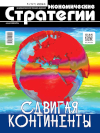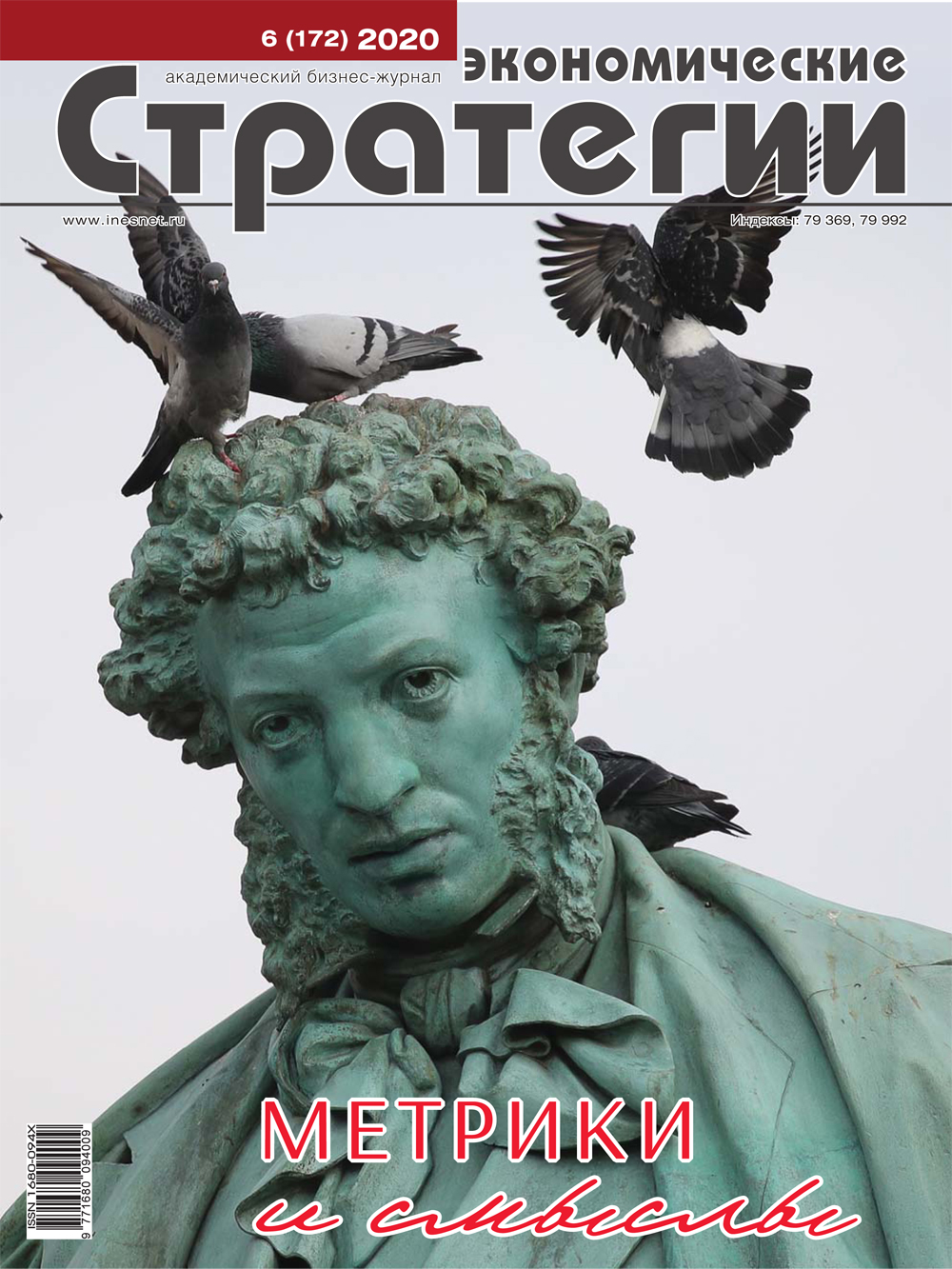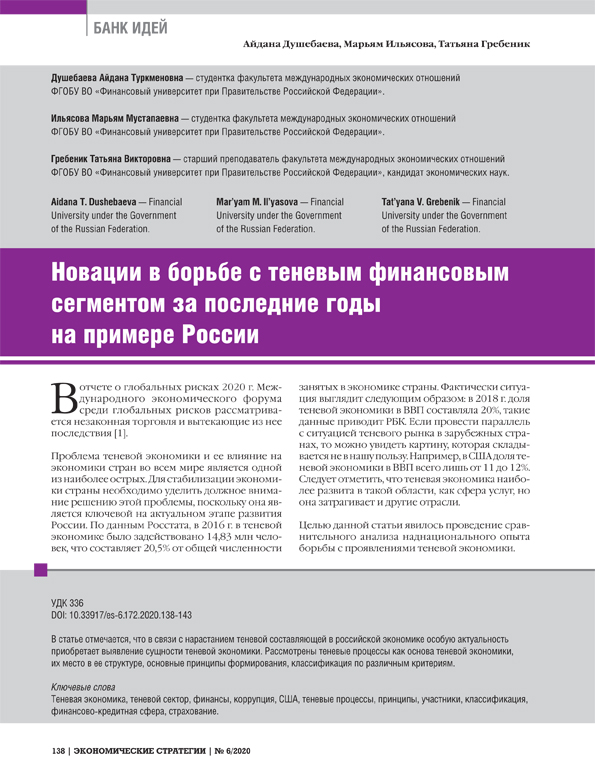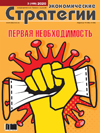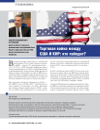Nuclear Attack: Strategic Structuring of a Civil Organizational-managerial Problem
DOI: 10.33917/es-1.199.2025.6-23
The article examines a possible nuclear attack as a civil problem of managing super-large organizational systems. The key tool for structuring the problem is agent-based modeling. Calculations show that even in case of a nuclear attack, the Russian Federation ensures its infrastructural and institutional stability, maintaining all control levers in the loop of state stability and life support for the population while solving the problems of necessary support for defence and security functionality. In this case, a difficult question arises: at what cost?
References:
1. Ageev A.I. Rol’ sanktsiy, konfliktov i spetsoperatsiy: razmyshleniya o budushchem. Chast’ 2 [The Role of Sanctions, Conflicts and Special Operations: Reflections on the Future. Part 2]. Nauchnyy vestnik oboronno-promyshlennogo kompleksa Rossii, 2024, no 1, pp. 33–42.
2. Bakhtizin A.R., Makarov V.L., Loginov E.L., et al. Gibridnye voyny v makroekonomicheskoy supersisteme XXI veka [Hybrid Wars in the Macroeconomic Supersystem of the XXI Century]. Ekonomicheskie strategii, 2023, vol. 25, no 2(188), pp. 6–23, DOI: ht tps://doi.org/10.33917/es-2.188.2023.6–23.
3. Ageev A.I., Loginov E.L. Novaya bol’shaya voyna: khroniki khorosho zabytogo budushchego [New Large-scale War: Chronicles of Well Forgotten Future]. Ekonomicheskie strategii, 2014, vol. 16, no 6–7(122–123), pp. 16–33.
4. Makarov V.L., Bakhtizin A.R., Sushko E.D. Natsional’naya strategicheskaya sila stran, mezhdunarodnaya torgovlya i ekonomicheskaya uspeshnost’ stran v nestabil’nom mire [National Strategic Power of Countries, International Trade and Economic Success of Countries in an Unstable World]. Strategirovanie: teoriya i praktika, 2023, vol. 3, no 3(9), pp. 277–297.
5. Pudovkin E. “Ogranichennoy yadernoy voyny ne sushchestvuet”. Eksperty — o tom, naskol’ko real’na ee opasnost’ [“Limited Nuclear War Doesn’t Exist.” Experts on How Real Its Danger Is]. RTVI, 2022, 31 maya, available at: https://rtvi.com/stories/ogranichennoj-yadernoj-vojny-ne-sushhestvuet-eksperty-otom-naskolko-realna-ee-opasnost/
6. Surge: 2023 Global nuclear weapons spending. The International Campaign to Abolish Nuclear Weapons (ICAN).
7. Complicit: 2020 Global Nuclear Weapons Spending. The International Campaign to Abolish Nuclear Weapons (ICAN).
8. 90 sekund do polunochi. Chto nado znat’ o yadernoy voyne i ee posledstviyakh. Ob”yasnyaem, kak mogut vyglyadet’ yadernaya voyna i ee posledstviya, a takzhe kak i gde ot nee mozhno spastis’ [90 Seconds to Midnight. What you need to Know about Nuclear War and its Consequences. We Explain what Nuclear War and its Consequences Might Look like, as Well as How and Where you can Escape from it]. Dzen, 2024, 23 noyabrya, available at: https://dzen.ru/a/Z0GbbBQHIkbcs5pd
9. Analitiki otsenili, skol’ko strany tratyat na yadernoe oruzhie v minutu [Analysts have Estimated how much the Countries Spend on Nuclear Weapons per Minute]. RBK, 2022, 15 iyunya, available at: https://www.rbc.ru/politics/15/06/2022/62a984999a79471c65ce1b2a







